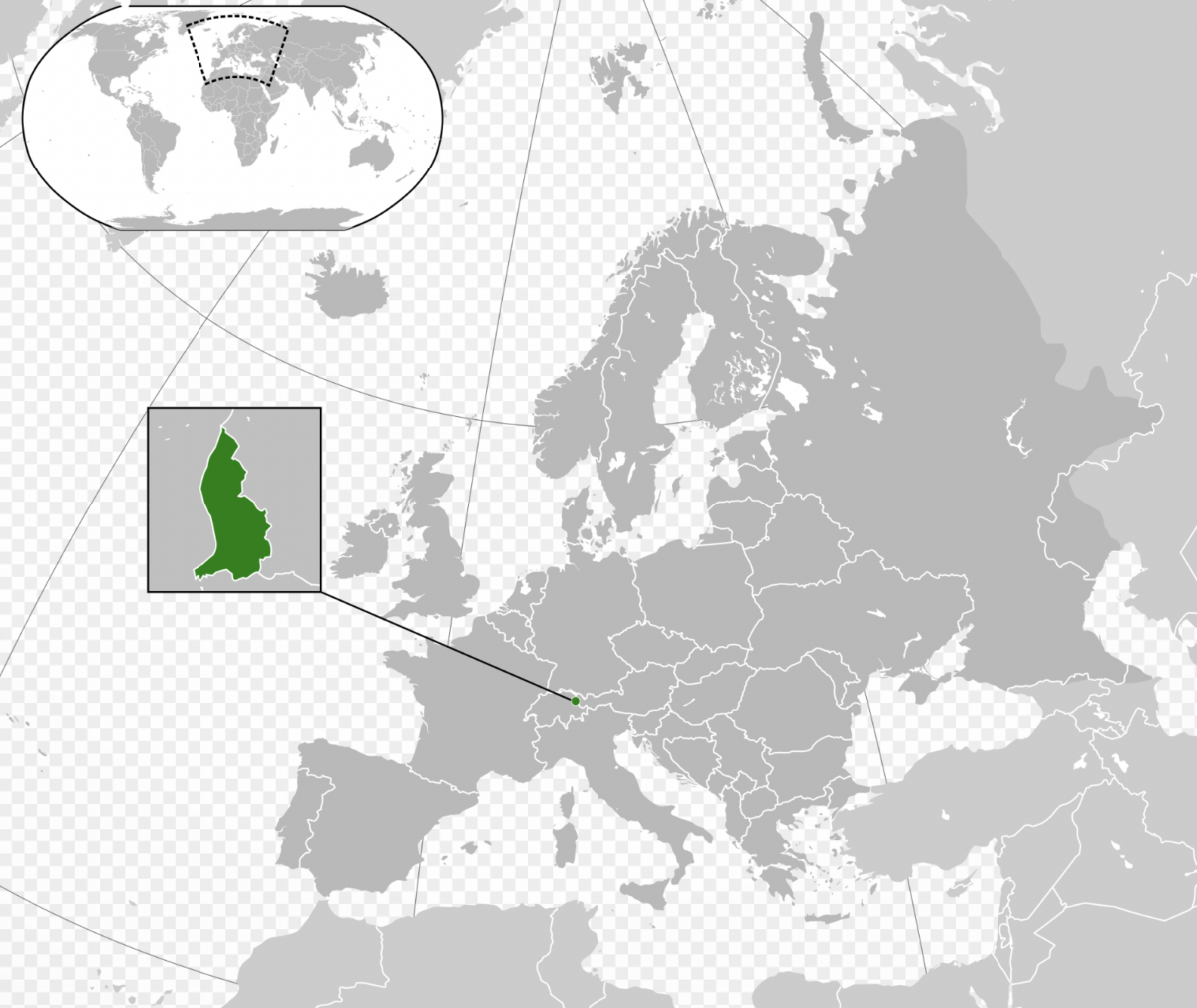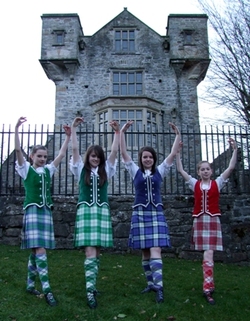English has a large number of plural nouns, also known as “lexical plurals ”, where the noun almost always appears in a plural form and is practically never used in the singular. Can you think of some examples? Ones that you might use every day include “scissors”, “trousers” and “tights.” These objects are considered to be sets, in which more than one item (for example, two trouser legs) come together to form a whole.
Lexicon Plurals










